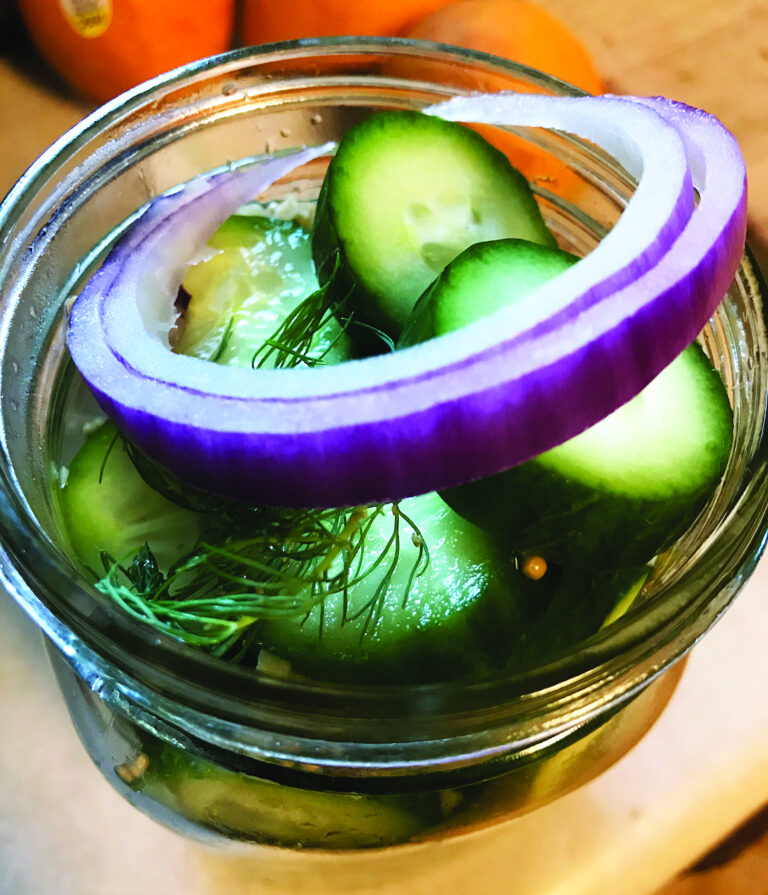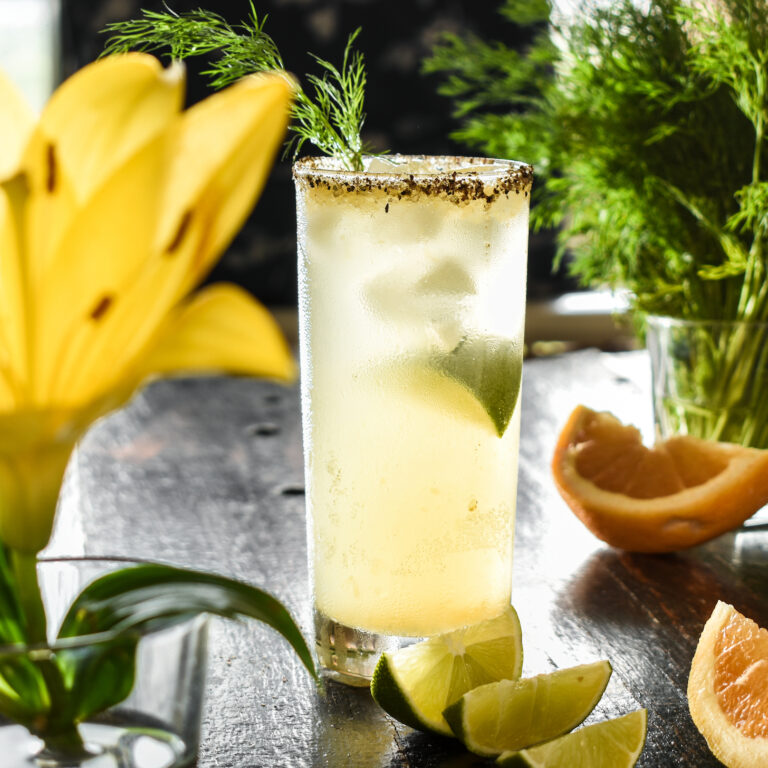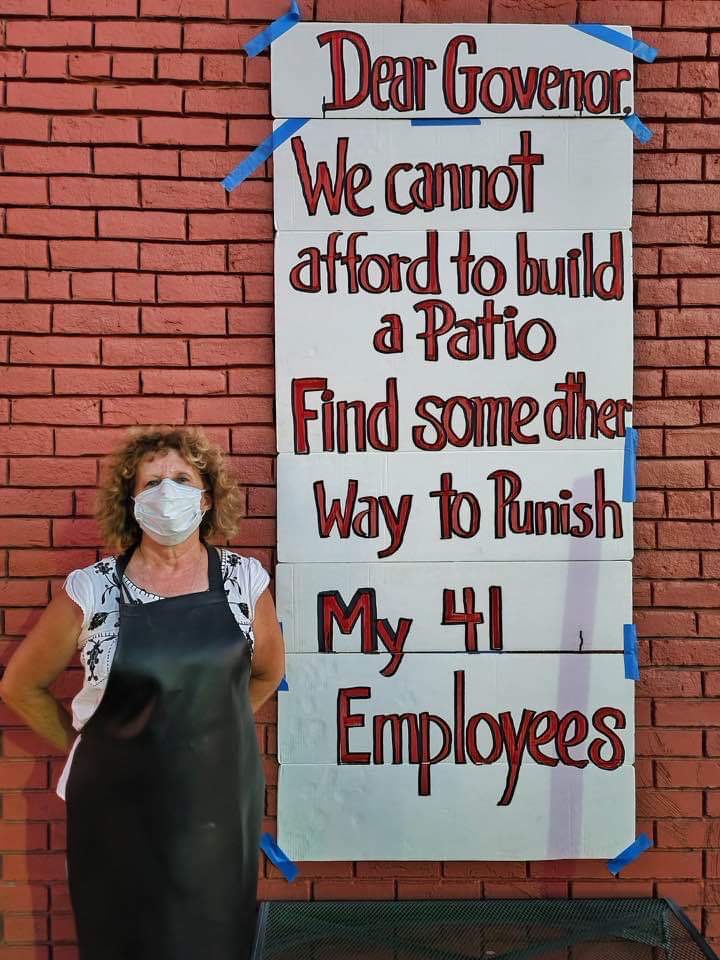The Food We Eat, the Energy We Use
Obama said his former rival for the White House has "led with vision, promoting biotech to strengthen our farmers and fostering an agricultural economy of the future that not only grows the food we eat, but the energy we use. … Tom understands that the solution to our energy crisis will be found not in oil fields abroad but in our farm fields here at home."That Vilsack is a proponent of ethanol and biotech shouldn’t come as a surprise, as Obama campaigned on the same page.Both politicians support corn-based ethanol as a transitional fuel source while we move toward more advanced cellulosic ethanol made from agricultural waste. And while some had hoped that the president-elect was simply playing politics and telling Iowans what they wanted to hear in order to win the caucus there, Obama has also stayed true to his hard-line position against big agricultural subsidies by nominating Vilsack, who is a rare farm state politician against that kind of pork.Also to Vilsack’s credit, his support of ethanol is part of a "kitchen sink" strategy that he believes is necessary to combat global warming; during his brief bid for the Democratic nomination, he advocated a 75 percent reduction in greenhouse gases by 2050.Organic vs. Genetic
Meanwhile, during his run, Vilsack told Grist.org in a February 2007 interview that he wants to promote organic farming. This sounds nice, but it’s actually quite an ambiguous statement given that the USDA controls the very definition of "organic." And the plot thickens when you consider that the Biotechnology Industry Council, which named Vilsack "Governor of the Year" in 2001, has been pushing to expand the definition of USDA Organic to include cloned animals.Oxymoronic as organically grown cloned beef may sound, that remains a possibility, especially with Vilsack at the helm. He’s been a cheerleader for TransOva, an Iowa corporation that specializes in bovine cloning and a host of other services that could make it possible for cows to never have sex again.Meanwhile, Vilsack is reported to have frequently palled around with Monsanto executives while governor, including taking rides on the corporate jet. And perhaps most troubling for local agricultural interests is Vilsack’s support of legislation that would take away the rights of cities and counties to restrict the use and distribution of genetically modified seeds, leaving those decisions in the hands of the state.Just about the only positive thing that can be said about Vilsack, from a GMO-skeptical viewpoint, is that he supports labeling GM ingredients in food.Clean Enough?
The USDA controls food safety and security, rural economies and livelihoods, and other issues usually associated with agriculture. But the department also has a big effect on environmental quality–both for reasons related to agricultural practices and because the secretary of agriculture oversees the Forest Service (don’t ask me why) and our nation’s 192 million acres of national forests and grasslands.Matthew Koehler, executive director of the WildWest Institute in Missoula, Mont., says he’d "have a hard time believing that the former governor of Iowa has much experience with the myriad of issues facing public lands management. Hopefully, he realizes that forest ecosystems are very different from agriculture crops."In an interview last May, then candidate Barack Obama told me: "As president, I would direct the Environmental Protection Agency to strictly monitor and regulate pollution from large factory farms, with tough fines for those that violate environmental standards. I also support efforts to provide more meaningful local control over these factory farms."Where Vilsack stands on these points is not entirely clear. According to Tom Philpott of Grist, concentrated animal confinement operations (CAFOs) "expanded dramatically" in Iowa while Vilsack was governor. In addition to driving smaller operations out of business, CAFOs are known as some of the worst polluters of any industry.On the other hand, in 2004 Vilsack vetoed a bill that would have expanded the ability of CAFOs to pollute the air, and in 2006 he vetoed a bill that would have limited the Iowa Department of Natural Resources’ authority in granting permits to CAFOs. Perhaps it’s safe to say that if Vilsack won’t work against factory farms, he’ll at least clean them up.The Road Ahead
This kind of centrism has earned Vilsack lukewarm endorsements from some of the larger mainstream environmental organizations like the Sierra Club, the League of Conservation Voters and the Environmental Defense Fund. Off the record, employees of many such groups have made statements to me along the lines of "Obama could have picked worse."The Organic Consumers Association, meanwhile, is back on the warpath, having launched StopVilsack.org in hopes of mobilizing opposition to Vilsack’s Senate confirmation through an online petition.WildWest’s Koehler sees the divide among activist groups as a case of the “haves,” which he describes as the “well-funded, politically connected groups that have forfeited their voices for the sake of politics and money,” and the “have-nots,” or the “small, grassroots groups, unbeholden, who speak their minds.”The Center for Rural Affairs in Lyons, Neb., is opting for the pragmatic approach. "We will work with Vilsack to keep rural entrepreneurship, agricultural conservation, and family farming and ranching at the forefront of these critical debates," Steph Larsen, rural policy organizer, told me.The CFRA is collecting signatures for an open letter to Gov. Vilsack, urging others to add comments about their priorities."Many of the decisions about the day-to-day operations of USDA are made by other political appointments besides the secretary of agriculture, and we need good partners there too," Larsen adds.Visit the United States Department of Agriculture website at usda.gov. Read and comment on the Center for Rural Affairs’ open letter to Gov. Vilsack at cfra.org.









